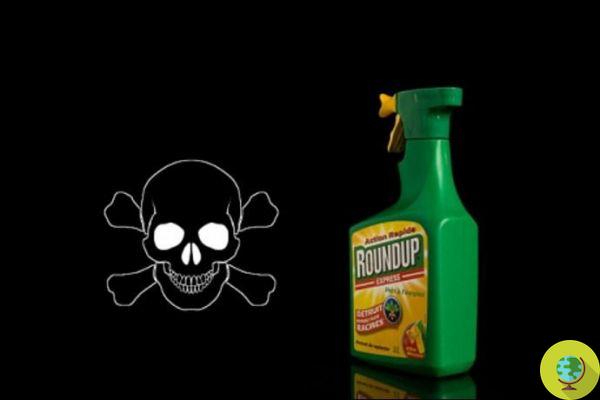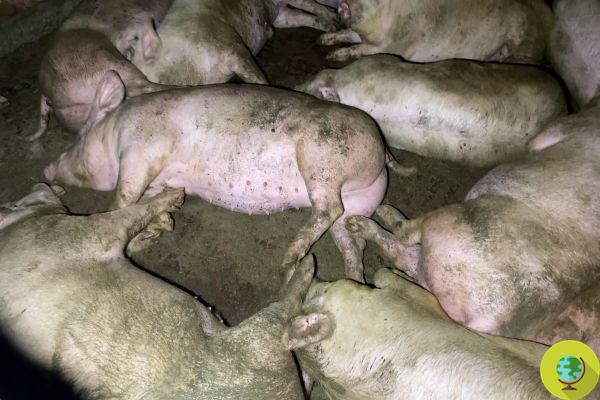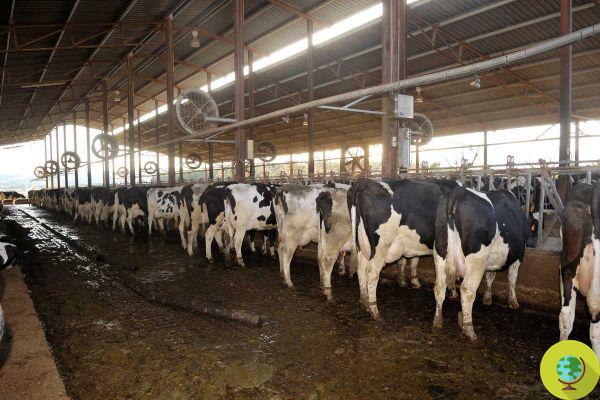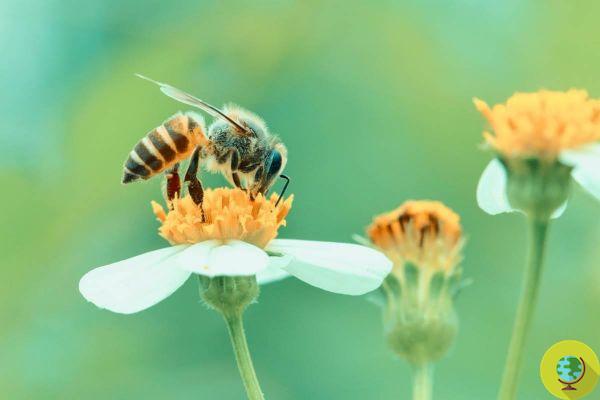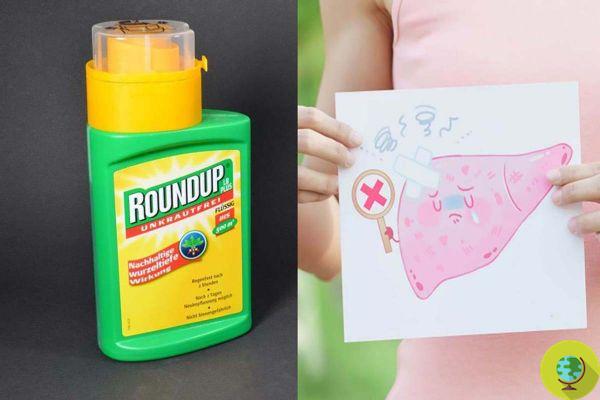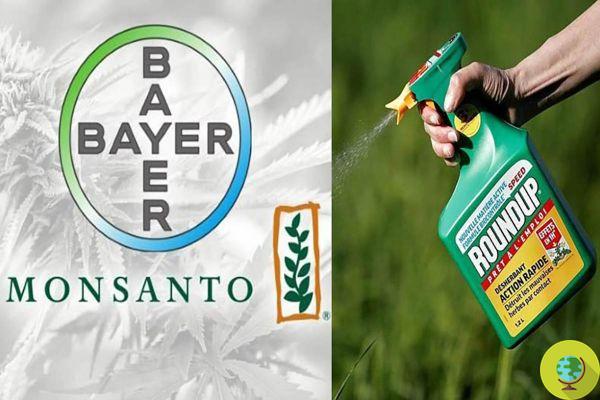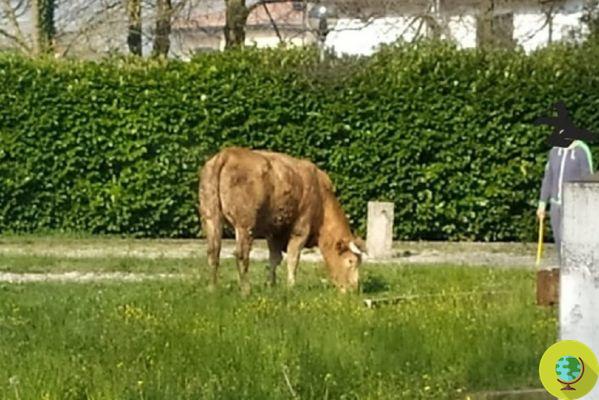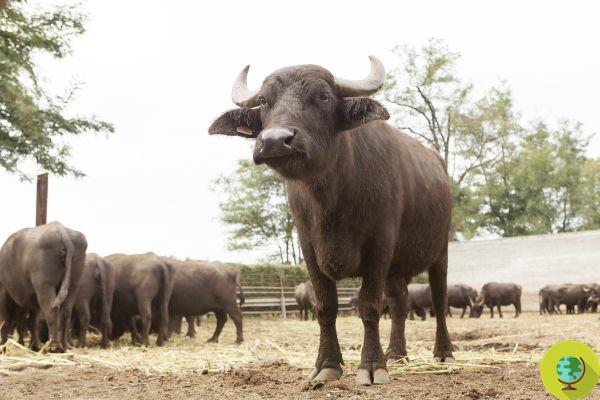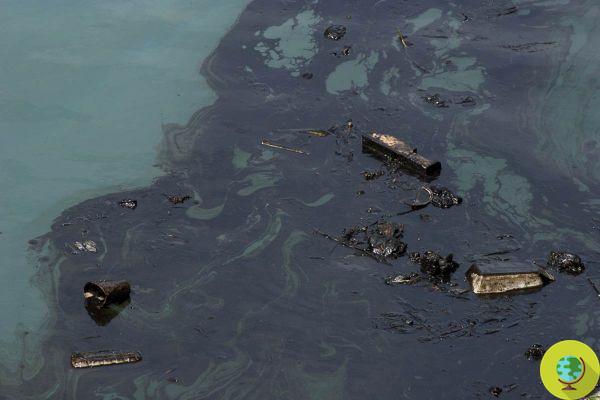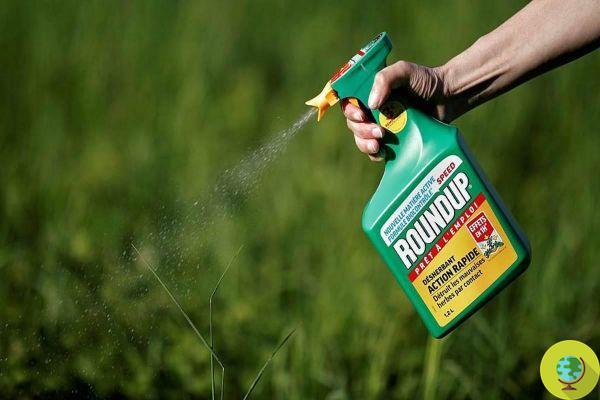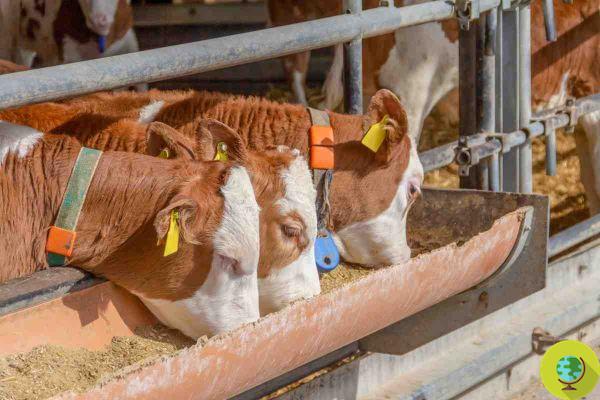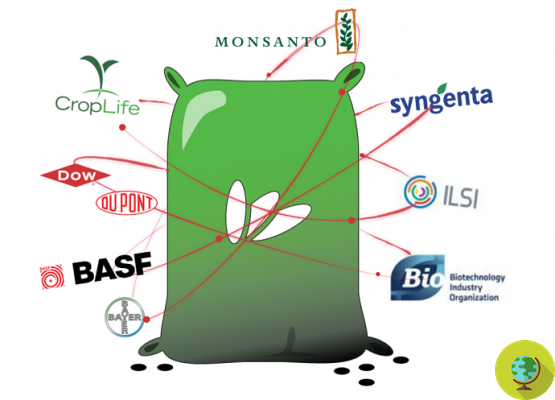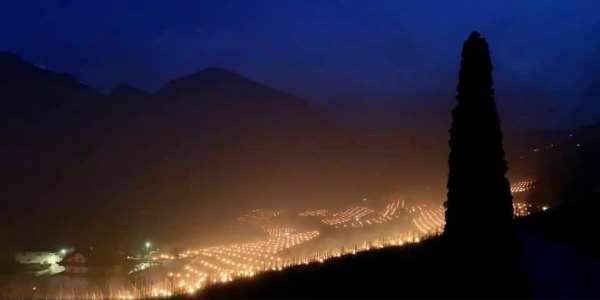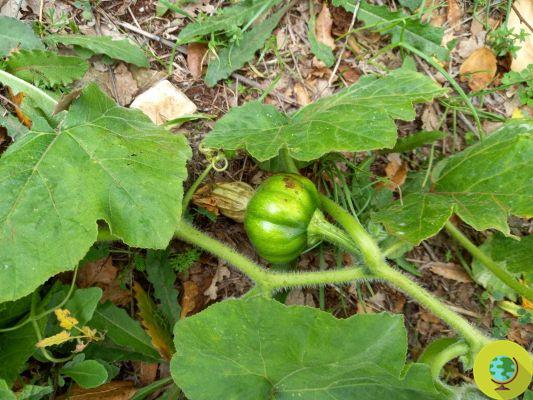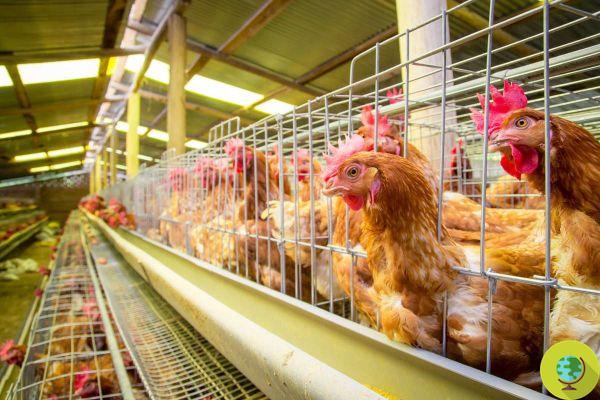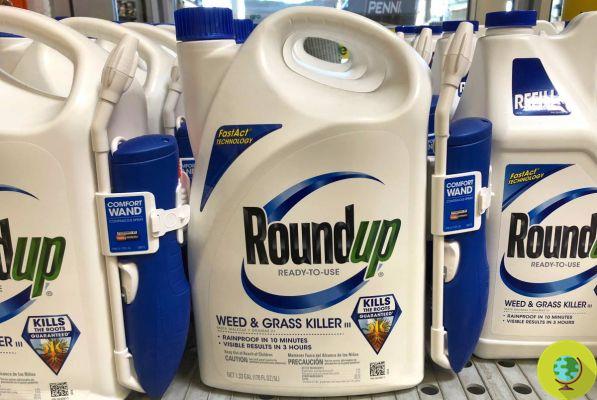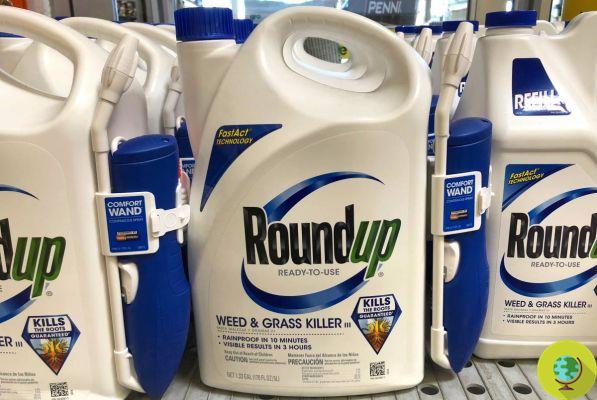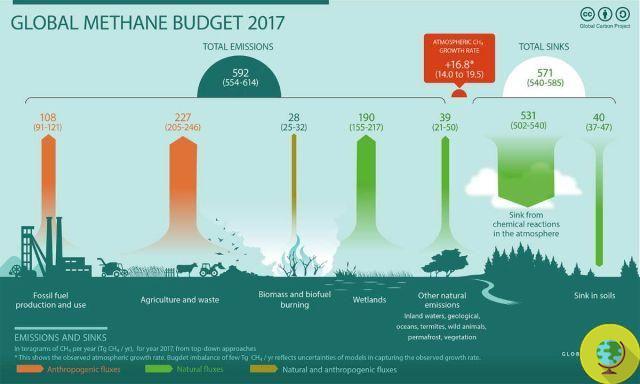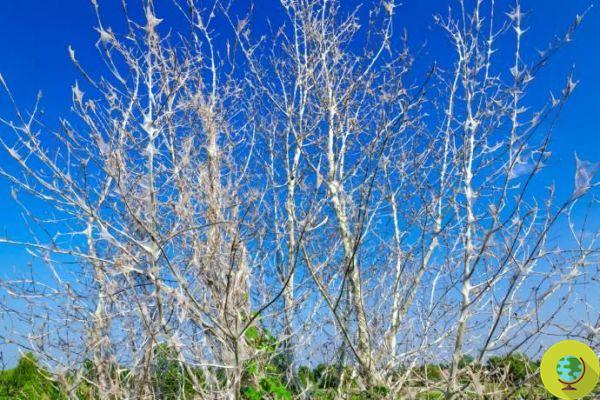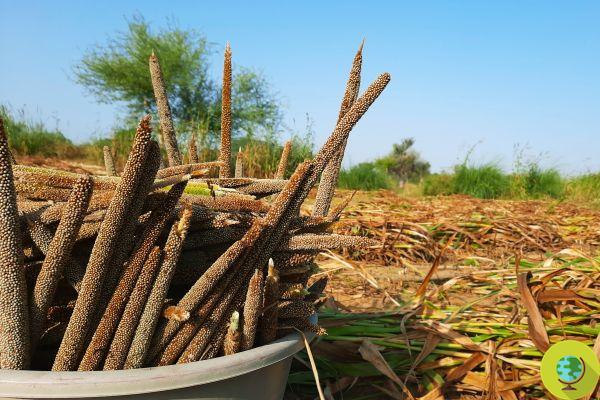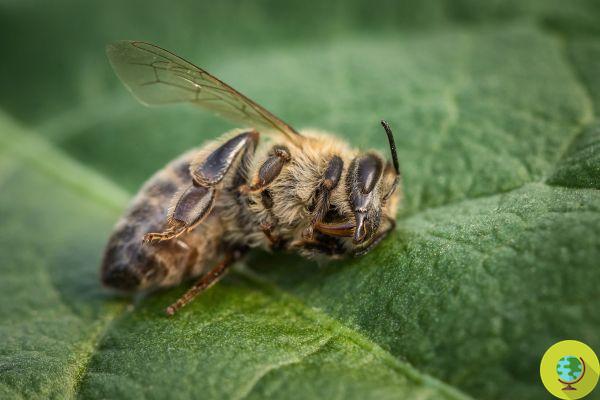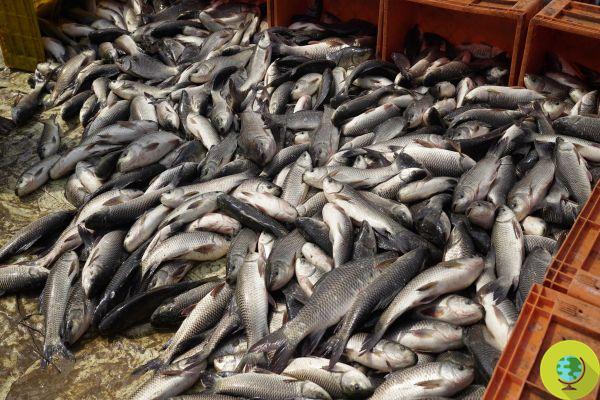
Producing feed for farmed salmon involves catching tons of small fish that could end up on our tables
He is about to end up run over, his mother saves himIl salmon it is one of the most consumed fish in the world in human nutrition - and, unfortunately, also one of the most polluting. There is indeed a big imbalance between the actual production of salmon and the resources used for the farming of this fish: A high volume of smaller fish is caught and fed for salmon feeding, while it could be used for human consumption and thus reduce the pressure on fish stocks.
This is what emerges from a new study conducted by researchers at the University of Cambridge: according to David Willer, its author, allocating small fish caught in the wild for human consumption and not for salmon would be a breath of fresh air for marine ecosystems, exploited by indiscriminate fishing.
Feed production now represents 90% of the environmental footprint of salmonid production - they denounce the authors. - Allowing salmonid production to expand further under current conditions will cause exceptional stress on global fish stocks already at their limit. Our findings suggest that limiting the volume of wild-caught fish used to produce feed for farmed salmon can alleviate the pressure on wild fish stocks while increasing the supply of nutritious wild fish for human consumption.
(Read also: Salmon killed by asphyxiation, antibiotics and child labor: the terrible reality behind the "symbol of excellence" farms)
It is estimated that over 75% of the feed given to salmon is made up of fish suitable for human consumption, such as sardines or anchovies. What is surprising and scandalous, however, are the numbers relating to the quantity of small fish caught in the face of a much smaller production of salmon: in just one year (2014), 460.000 tonnes of wild-caught fish were used to produce just 179.000 tonnes of Scottish salmon.
These data clearly suggest a way forward in the direction of a more sustainable fish market: giving up part of salmon farming would mean reducing the capture of wild fish for their food and increasing the availability of fish for human consumption. The authors of the study also ensure benefits for the environment: consuming only the small fish caught and currently used as salmon feed would allow about four tons of fish to be left in the water every year, to the benefit of biodiversity protection.
As the authors themselves point out, however, the data collected is limited to the year 2014 only: further future studies will be needed to understand how to make the transition from farmed fish consumption to more sustainable fishing concrete.
Follow your Telegram | Instagram | Facebook | TikTok | Youtube
Fonte: PLOS Sustainability and Transformation
We also recommend:
- Historical law in Argentina: salmon farms banned. It is the first country in the world
- The dark side of the “salmon pink” that is not pink: the artistic installation that denounces intensive farming
- Wild Atlantic salmon are shrinking and farms are to blame




